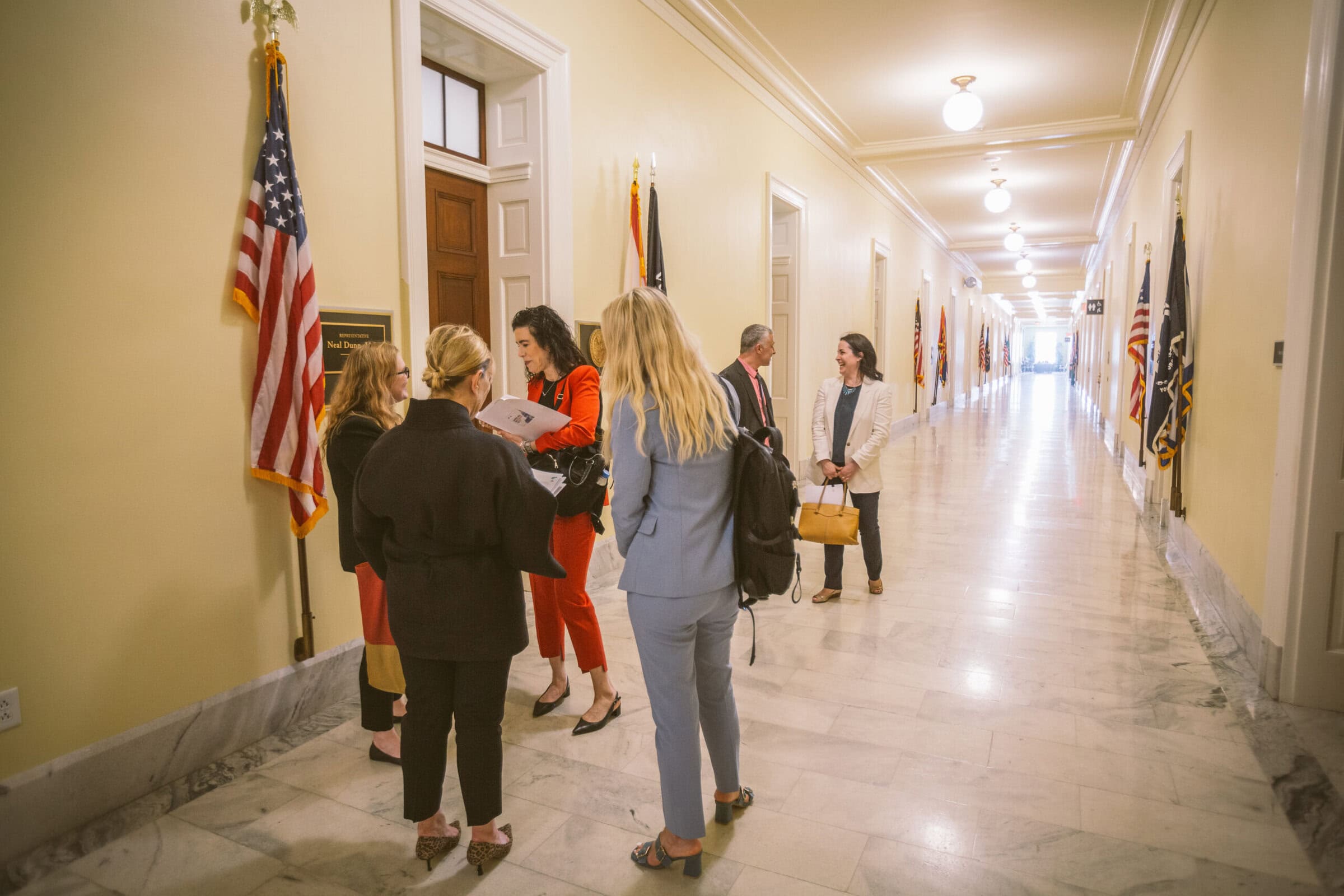Topic
- Government Relations
- Regulations
The Federal Trade Commission is seeking public comment on a potential rule prohibiting “junk fees” and related practices via a new advanced notice of proposed rulemaking (ANPR) published in the Federal Register on November 8. The new rule has the potential to dramatically change how fees are communicated to consumers in advertising, impacting nearly all industries that charge some type of hidden or abstruse fee. The published ANPR comes after previous meetings and announcements made by the FTC, CFPB, and the White House, indicating imminent plans to prohibit so-called “junk fees” that “can weaken market competition, raise costs for consumers and businesses, and hit the most vulnerable Americans the hardest.”
Importantly, the proposed junk fee rulemaking is not confined to a specific industry. The ANPR references deceptive junk fee practices in a wide array of sectors and industries, including auto financing, phone cards, fuel cards, payday lending, telecommunications, live entertainment, travel (including airlines, hotels, room-sharing, car rentals, and cruises), higher education, financial products and services, telemarketing, funeral services, publishing, insurance, and membership programs.
Key Definitions
Per the ANPR, “junk fees” are defined to include “unfair or deceptive fees that are charged for goods or services that have little or no added value to the consumer, including goods or services that consumers would reasonably assume to be included within the overall advertised price.” The term includes, but is not limited to “hidden fees,” which are fees disclosed only at a later stage of the customer experience or potentially not at all.
Scope of the Rulemaking
The proposed rulemaking targets the following “deceptive” practices:
- Misrepresenting or failing to disclose clearly and conspicuously, on any advertisement or in any marketing, the total cost of any good or service for sale;
- Misrepresenting or failing to disclose clearly and conspicuously, on any advertisement or in any marketing, the existence of any fees, interest, charges, or other costs that are not reasonably avoidable for any good or service;
- Misrepresenting or failing to disclose clearly and conspicuously whether fees, interest, charges, products, or services are optional or required;
- Misrepresenting or failing to disclose clearly and conspicuously any material restriction, limitation, or condition concerning any good or service that may result in a mandatory charge in addition to the cost of the good or service or that may diminish the consumer’s use of the good or service, including the amount the consumer receives;
- Misrepresenting that a consumer owes payments for any product or service the consumer did not agree to purchase;
- Billing or charging consumers for fees, interest, goods, services, or programs without express and informed consent;
- Billing or charging consumers for fees, interest, goods, services, or programs that have little or no added value to the consumer or that consumers would reasonably assume to be included within the overall advertised price; and
- Misrepresenting or failing to disclose clearly and conspicuously on an advertisement or in marketing the nature or purpose of any fees, interest, charges, or other costs.
While there have been laws and enforcement actions targeting similar practices in specific industries at both the state and federal levels (including by the FTC itself), the ANPR addresses concerns about the limitations of “such piecemeal policies limited to particular sectors or regions,” addressing what the FTC majority believes is the need for “comprehensive nationwide regulation.”
Interested parties have until January 9 to provide comments and feedback on the ANPR.
Have questions about the FTC’s ANPRM on “junk fees” or other FTC “truth in advertising” focused rulemakings? Please contact Alison Pepper, EVP of Government Relations and Sustainability.
Related Posts



12/17/2025

